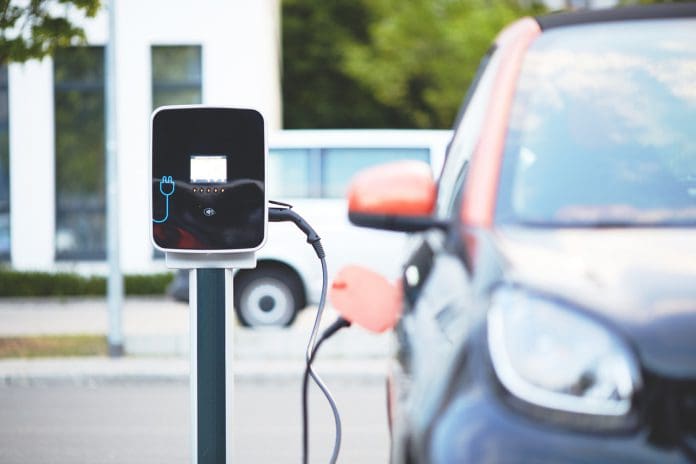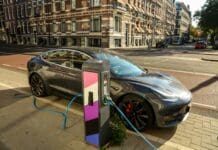This post is also available in:
 עברית (Hebrew)
עברית (Hebrew)
Hyundai Mobis, a South Korean automotive supplier, has unveiled an advanced battery cooling technology aimed at improving the performance and safety of electric vehicles (EVs) during ultra-fast charging. The new system uses a technology called Pulsating Heat Pipe (PHP), which enhances heat dissipation within EV battery modules, addressing one of the key challenges in electric mobility – overheating.
Traditional battery cooling systems rely on cooling fans and battery management systems (BMS) to regulate temperature. However, Hyundai Mobis has taken a step further by integrating PHPs between the battery cells. This setup enables rapid heat transfer from each battery cell to cooling blocks, ensuring effective temperature control even during high-demand conditions like ultra-fast charging.
The PHP technology is made from aluminum alloy and a coolant material, and operates by using the vibration and circulation of the coolant to move heat. This mechanism allows for quick and efficient heat dissipation, even in high-speed vehicles where gravity effects are minimized. According to Hyundai Mobis, the PHPs have over ten times the heat transfer capacity of traditional aluminum, making them ideal for managing the heat generated by ultra-fast charging.
One of the most significant advancements of this technology is its compactness. The company has designed the PHPs to be just 0.8 mm thick, significantly thinner than conventional heat pipes. This reduced thickness increases the surface area for heat dissipation, while also facilitating easier installation in vehicle batteries. The streamlined design helps in large-scale production, further reducing manufacturing costs.
This new cooling technology directly addresses two major concerns for electric vehicle owners: charging time and battery safety. By preventing overheating and accelerating the charging process, Hyundai Mobis’ PHP technology plays a crucial role in making EVs more efficient and appealing for mainstream adoption.


























